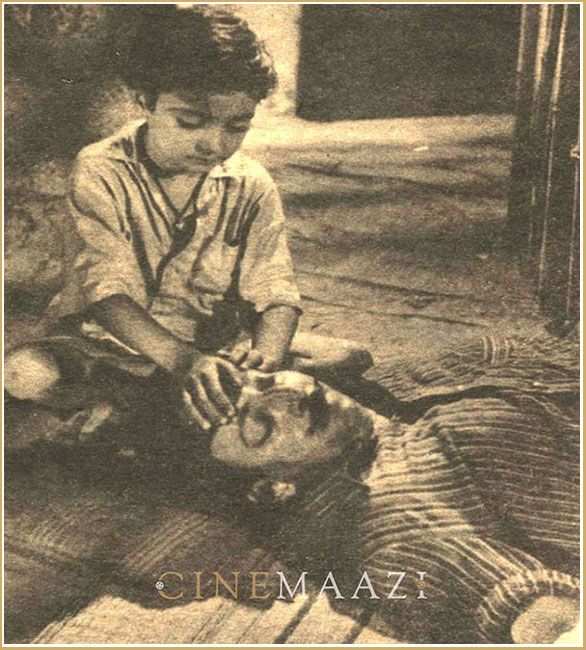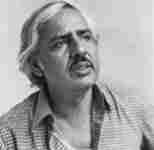Munna

Subscribe to read full article
This section is for paid subscribers only. Our subscription is only $37/- for one full year.
You get unlimited access to all paid section and features on the website with this subscription.
Not ready for a full subscription?
You can access this article for $2, and have it saved to your account for one year.
Hindi films and generally speaking, Indian films in all languages, have been so much dependent on songs, right since the time of "Alam Ara" that a film without them appears something like a revolution. It is astounding that from more than four thousand Hindi films, made in the last four decades, hardly four can be mentioned which did not carry any songs. The first bold attempt was made by JBH Wadia in a film made in 1937 called "Navjawan." This was a fast-moving 'crime thriller' and the producer thought that it did not need any songs. But the audience thought that it was cheated of its due quota and strong protests were reported from many places. After that nobody dared to try such a thing.
And so, when "Munna" made by K A Abbas arrived in 1954, it again appears like a daring venture, that could dispense with songs, by keeping its other aspects strong. Abbas, who has always challenged the rigid formulas of the Hindi screen and tried to swim against the current, found an ideal opportunity for a songless movie, in this story of a lonely child and the several characters he comes across, while searching for his mother. The film was not only songless but also starless, in the sense that it did not employ any leading stars of the day but revolved completely round a series of character artistes, old and young.
Thus, the film was also an experiment, in doing away with a regular plot and building up the screenplay merely on the basis of the different encounters, which the child has with the characters, from different strata of life. The writer-director also utilised these episodes to make his own observations on life and show how the simple innocence of a child can bring a change in people of all kinds, from the footpath-dwellers to those occupying palatial mansions. Most of the characters were drawn in life-like shades, so that altogether they went to form a rich portrait of life itself.

NEO-REALISTIC
There was the hard-hearted goonda played by David, whose evil nature for the first time gets diluted with the milk of human kindness. There were the street juggler (Om Prakash) and his wife (Shammi) who adopted the child for some time. Then there was the low-paid clerk (Manmohan Krishna) who could not resist his gambling habits despite the burden of having several children. And there was the millionaire (Jairaj) who learned that life has to offer finer things than the mere blind pursuit of money.
The role of Munna was played by child actor Romi and that of his mother by the Bengali actress, Tripti Mitra, who had earlier acted in Abbas's "Dharti Ke Lal", on the Bengal famine. Johnny Walker appeared as a desperate drunkard and Jagdeep as an urchin who lived on big dreams. Other roles were done by Sulochana Chatterjee, Achala Sachdev, Baby Naaz, Nana Palsikar, Madan Puri and many other character actors. The film was treated on the lines of the socially-conscious neo-realistic cinema that had come into vogue in that period. It was photographed in black and white by Ramchandra, who won acclaim for his work. The background music was given by Anil Biswas and the lack of songs was hardly felt. After this, a couple of such attempts like "Kanoon" and "Hulchul" have been made. But by and large, the Hindi film has stuck to its song-studded path.
This article was published in 'Star & Style' magazine’s March 31, 1972 edition as a part of 'Movie Memories'.
Images and captions appeared are from the original article.
About the Author






.jpg)


